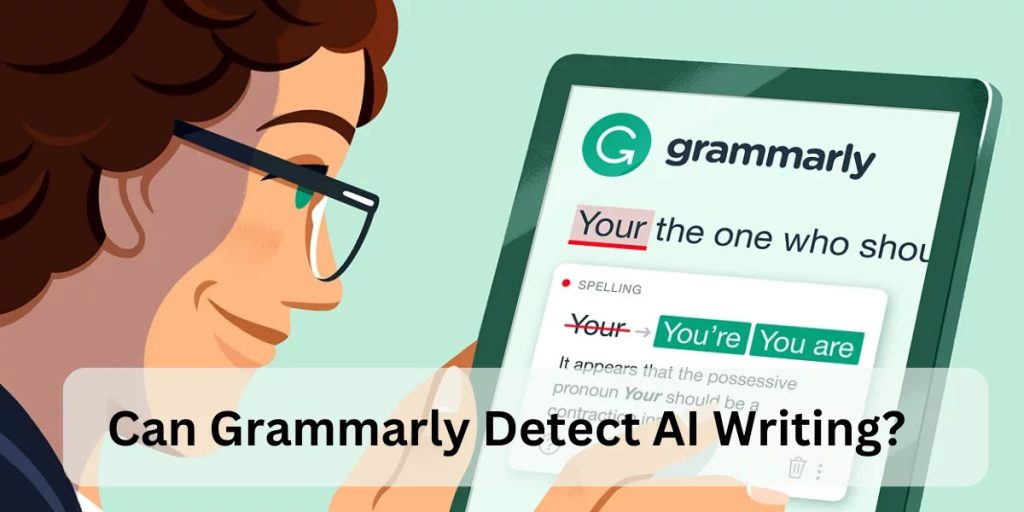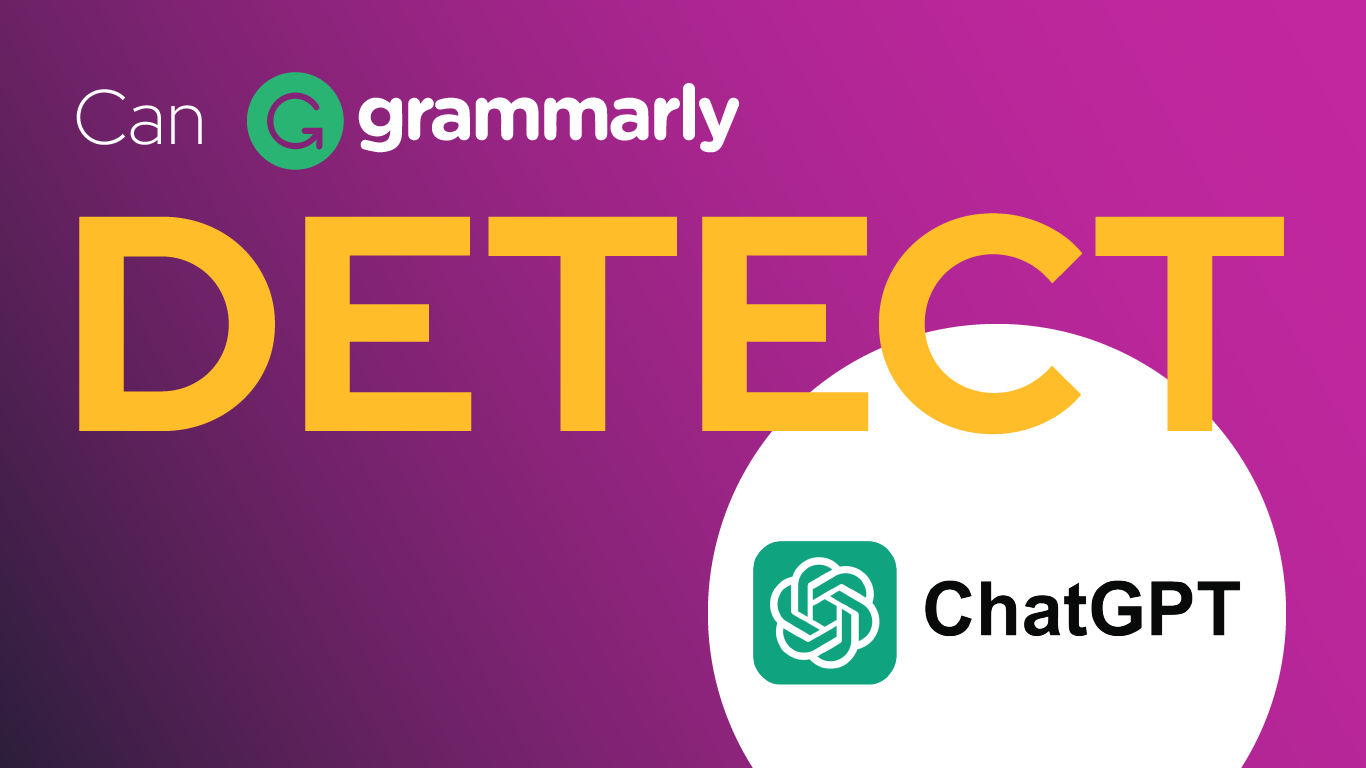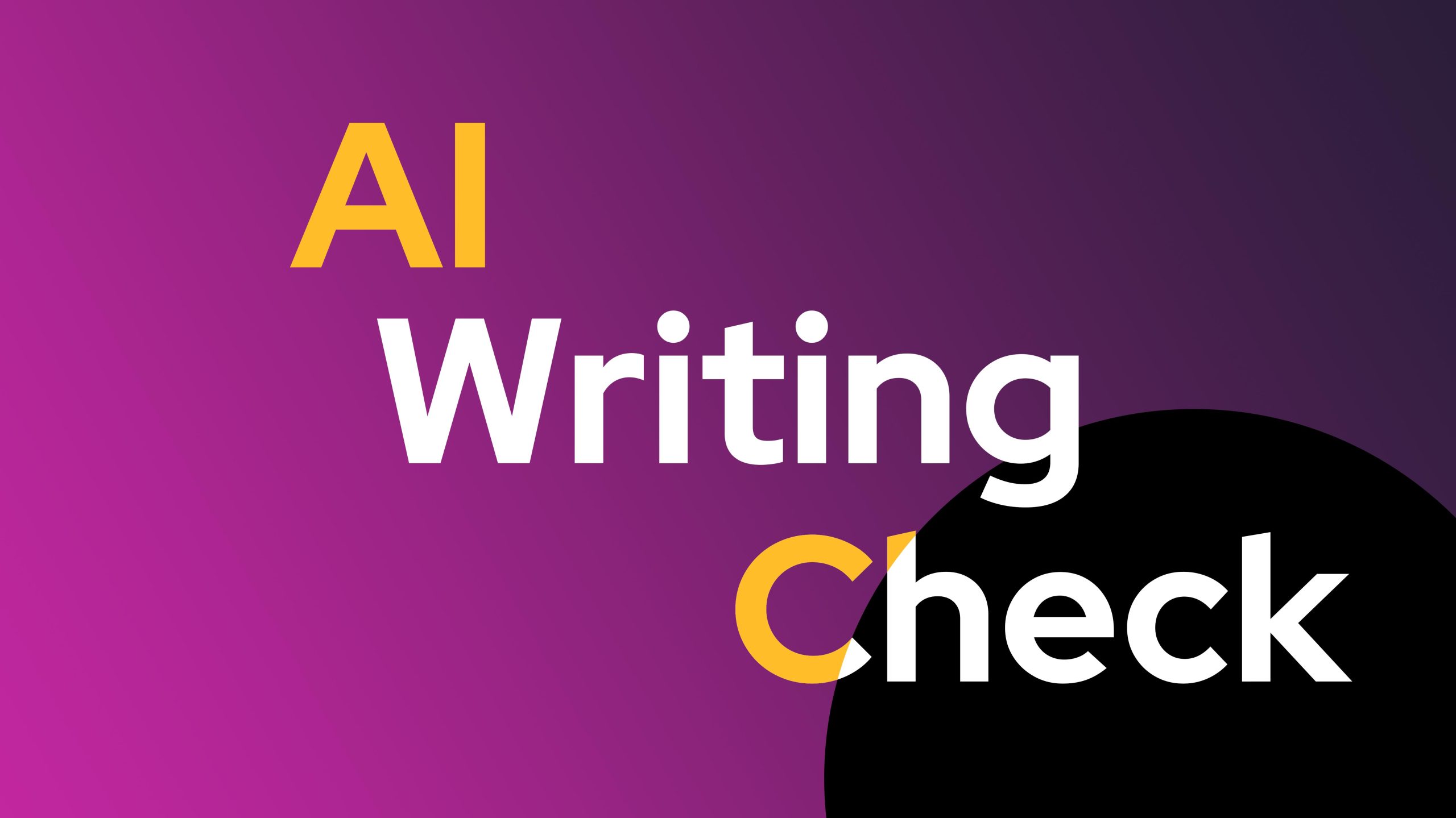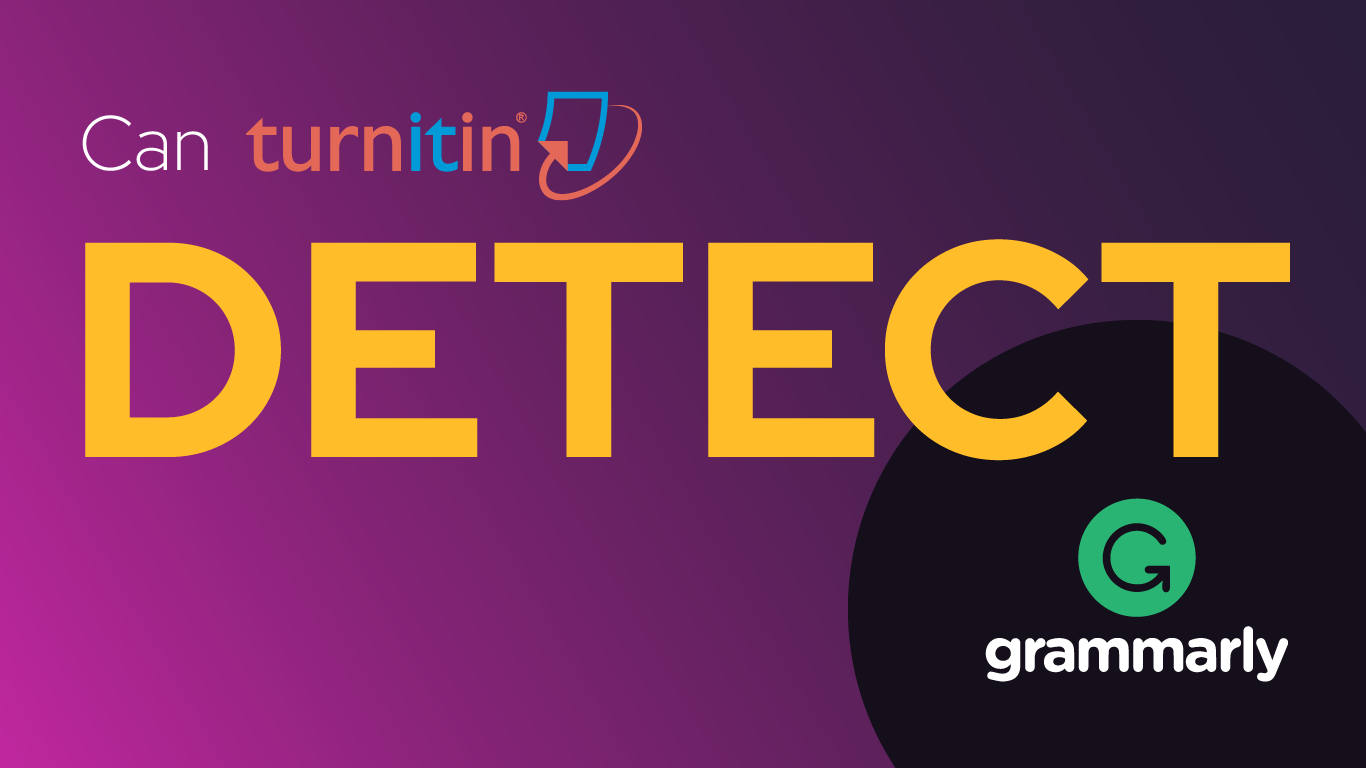Grammarly and ChatGPT are two of the most widely used tools in the world of writing today. While Grammarly is renowned for its ability to correct grammar, spelling, and punctuation, ChatGPT is a powerful AI language model capable of generating entire essays, articles, and even creative content. As AI-generated content becomes more common, the need to detect it has become a pressing concern for educators, employers, and content creators. The key question is: Can Grammarly detect content generated by ChatGPT?

The short answer is no—Grammarly cannot detect AI-generated content. Grammarly is primarily designed to enhance human writing by providing grammar and spelling corrections, improving sentence structure, and offering stylistic suggestions. It does not have the capability to identify whether content was generated by AI, such as ChatGPT. However, alternative tools are emerging that claim to do so with varying degrees of success. This article will explore Grammarly’s capabilities, the limitations of detecting AI content, and introduce Netus AI, a more advanced tool specifically designed for this purpose.
What is Grammarly Capable of?
Grammarly is one of the most popular writing aids available, used by writers, students, and professionals to improve the quality of their text. It excels at correcting grammatical errors, identifying spelling mistakes, and suggesting improvements to the natural flow of writing. Over the years, Grammarly has expanded its features to include plagiarism detection and even an AI writing assistant called GrammarlyGO, which can generate content based on user prompts.
GrammarlyGO offers a variety of functionalities, such as drafting email responses, rewriting content to fit a specific tone, generating blog post ideas, and creating entire articles or essays. Despite these advancements, Grammarly’s core strength remains in refining human-written content rather than detecting AI-generated text. Even its plagiarism checker, though powerful, is not foolproof in identifying AI content since ChatGPT and similar models do not simply copy and paste existing content but rather generate new text based on learned patterns from vast datasets.
The Limits of AI Content Detection
The ability to detect AI-generated content is still in its infancy. Most AI detection tools, including those designed specifically for this purpose, are not entirely reliable. These tools often analyze text for patterns typical of AI-generated content, such as repetitive language, lack of slang, and overly formal tone. However, these indicators can be misleading and may result in false positives. Moreover, AI detection tools can be easily fooled by minor adjustments in the text, such as inserting intentional grammatical errors or using more conversational language.

Grammarly, which does not focus on AI detection, is even less equipped to identify AI-generated content. Its algorithms are trained to improve text rather than scrutinize its origin. This limitation means that while Grammarly can enhance the readability and correctness of a piece, it cannot tell if the content was created by a human or an AI like ChatGPT.
Expanding the Role of AI Detection Tools
As the need to differentiate between human and AI-generated content grows, there are ongoing advancements in the development of AI detection tools. These tools are evolving to not only recognize content patterns typical of AI but also to understand the context and intent behind the text. Netus AI is at the forefront of this evolution, leveraging machine learning to refine its detection capabilities continuously. By analyzing not just syntax but also semantic structures, it can provide deeper insights into whether a piece of writing was generated by an AI model like ChatGPT.
While tools like Grammarly focus on enhancing the clarity and coherence of written content, they could potentially integrate AI detection features in the future. This would allow users to have a more comprehensive writing aid that not only improves their text but also ensures its originality. However, such a move would require significant advancements in AI technology to avoid the pitfalls of false positives, which can unfairly penalize genuine human writing.
Netus AI
Given Grammarly’s limitations in detecting AI content, those who need to identify AI-generated text should consider using more specialized tools. Netus AI is one such tool that stands out for its sophisticated AI detection capabilities. Unlike Grammarly, Netus AI is designed specifically to detect AI-generated content with a high degree of accuracy.
Netus AI leverages advanced machine learning algorithms to analyze text and identify characteristics that are indicative of AI generation. It claims to offer near-perfect accuracy in distinguishing human-written content from that produced by AI models like ChatGPT. This tool is particularly useful for educators, publishers, and content creators who need to ensure the originality and authenticity of the text.
What sets Netus AI apart from other detection tools is its ability to not only detect AI-generated content but also to provide a detailed analysis of the text, highlighting the sections most likely generated by AI. This level of detail can be invaluable for users who need to verify the authenticity of a document.
Comparing AI Detection: Grammarly vs. Netus AI
When comparing Grammarly with Netus AI, it becomes clear that each tool serves a different purpose. Grammarly excels at enhancing the quality of human-written content through grammar checks, stylistic improvements, and plagiarism detection. However, it falls short when it comes to detecting AI-generated text.
Netus AI, on the other hand, is not only designed to improve writing quality but also to detect and analyze AI-generated content. Its specialized algorithms make it far more effective than Grammarly at identifying content created by AI. For those who need to ensure that their text is free of AI influence, Netus AI is a superior choice.
Expert Opinions and Insights
Experts in the field of AI and content creation have varying opinions on the effectiveness of current AI detection tools. While many agree that tools like Grammarly are invaluable for improving writing, they also acknowledge that these tools are not equipped to address the growing challenge of AI-generated content. As AI models like ChatGPT become more sophisticated, the line between human and AI writing continues to blur, making detection increasingly difficult.

Experts suggest that the future of AI detection will likely involve a combination of tools that work together to analyze different aspects of the text. Bypass GPT Tool like Netus AI, which focuses on detecting AI patterns, will need to be integrated with traditional writing aids like Grammarly to provide a comprehensive solution.
Can Grammarly Detect ChatGPT? – FAQ
Can Grammarly detect if content is written by ChatGPT?
No, Grammarly cannot detect AI-generated content, including text written by ChatGPT.
What is Netus AI, and how does it compare to Grammarly?
Netus AI is an advanced AI detection tool that can identify content generated by AI models like ChatGPT with high accuracy. Unlike Grammarly, which focuses on improving text quality, Netus AI specializes in detecting AI-generated content.
Why is detecting AI-generated content important?
Detecting AI-generated content is important for maintaining the originality and integrity of writing, especially in academic, professional, and publishing contexts.
Can Grammarly’s plagiarism checker identify AI-generated text?
No, Grammarly’s plagiarism checker is designed to detect copied content from other sources, not to identify AI-generated text.
Are there any tools that can detect AI-generated content?
Yes, tools like Netus AI and Originality.AI are specifically designed to detect AI-generated content.
How reliable are AI detection tools?
AI detection tools are becoming more sophisticated but are not yet 100% reliable. They can sometimes produce false positives or miss AI-generated content altogether.
Is using AI-generated content considered plagiarism?
Using AI-generated content is not traditionally considered plagiarism since it does not copy from existing sources. However, it may still be considered dishonest, depending on the context.
Can I use Grammarly and Netus AI together?
There is no need to use both, as Netus AI can improve the quality of your writing and check for AI-generated content. Netus AI offers comprehensive tools that enhance text while also identifying AI-generated material, making it a more versatile option for your writing needs.
Will Grammarly develop AI detection capabilities in the future?
While it’s possible, Grammarly currently focuses on improving writing quality and has not indicated plans to develop AI detection features.
What are the ethical implications of using AI to generate content?
The ethical implications include concerns about originality, intellectual honesty, and the potential for AI-generated content to spread misinformation. Users should consider these factors when deciding to use AI tools for content creation.



